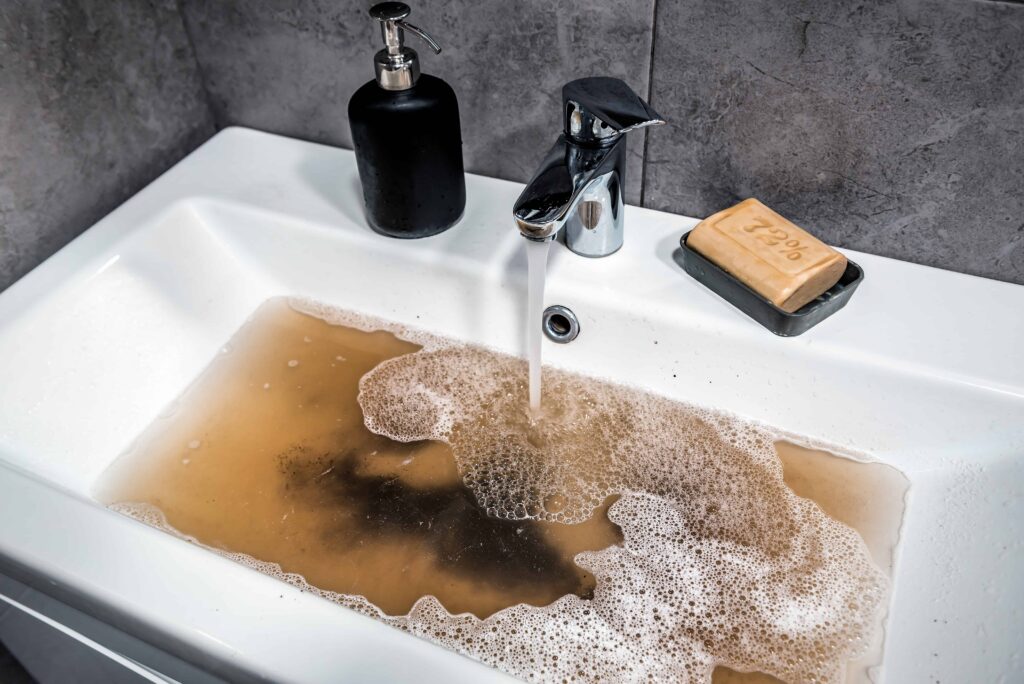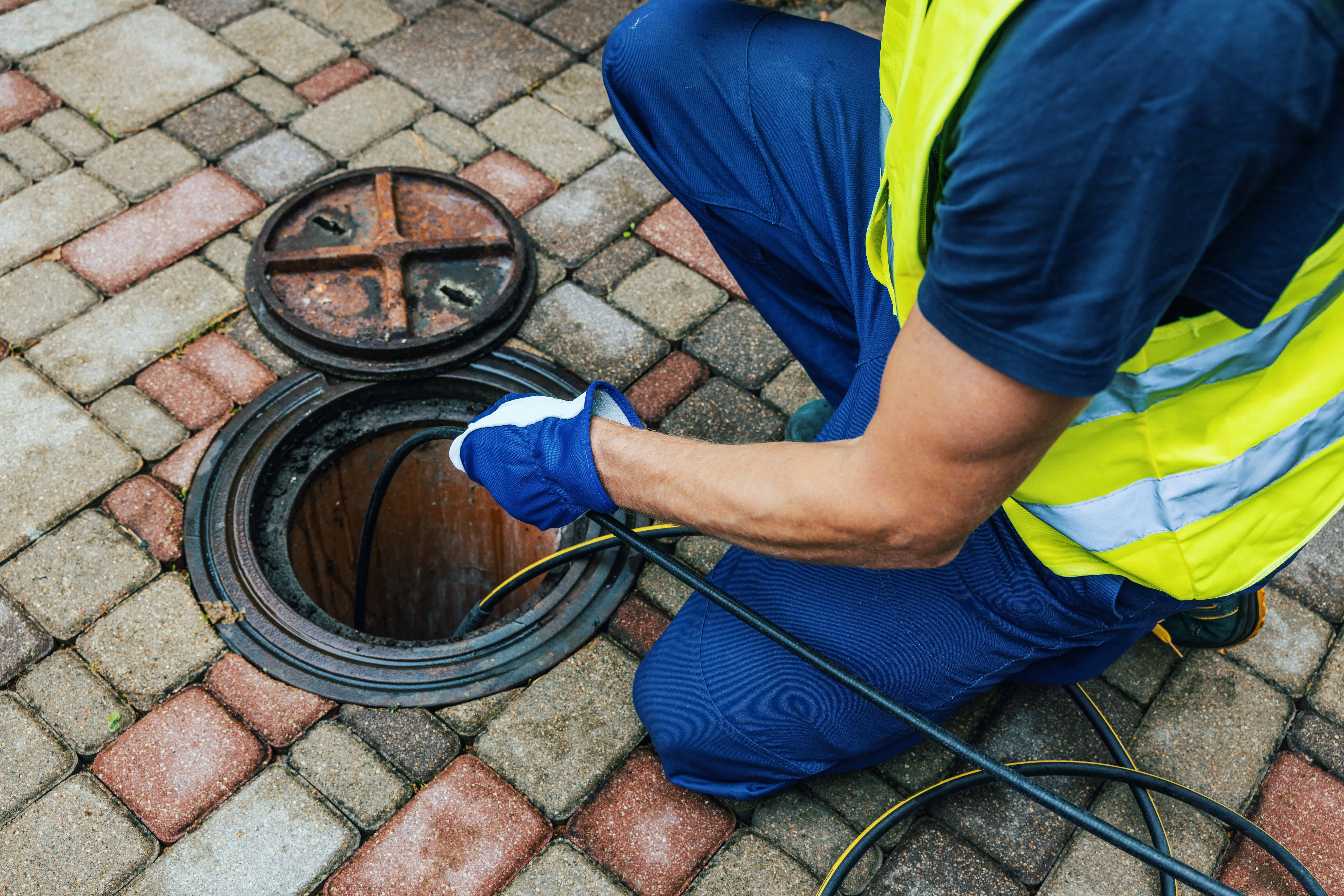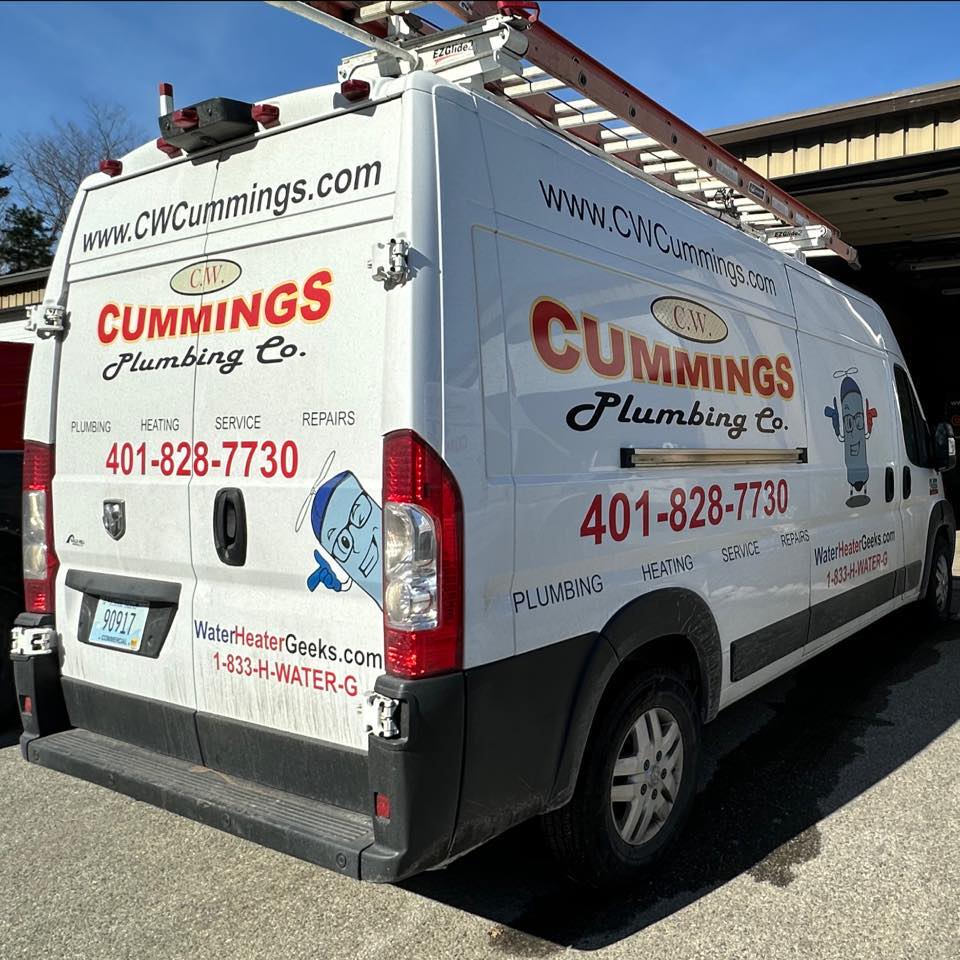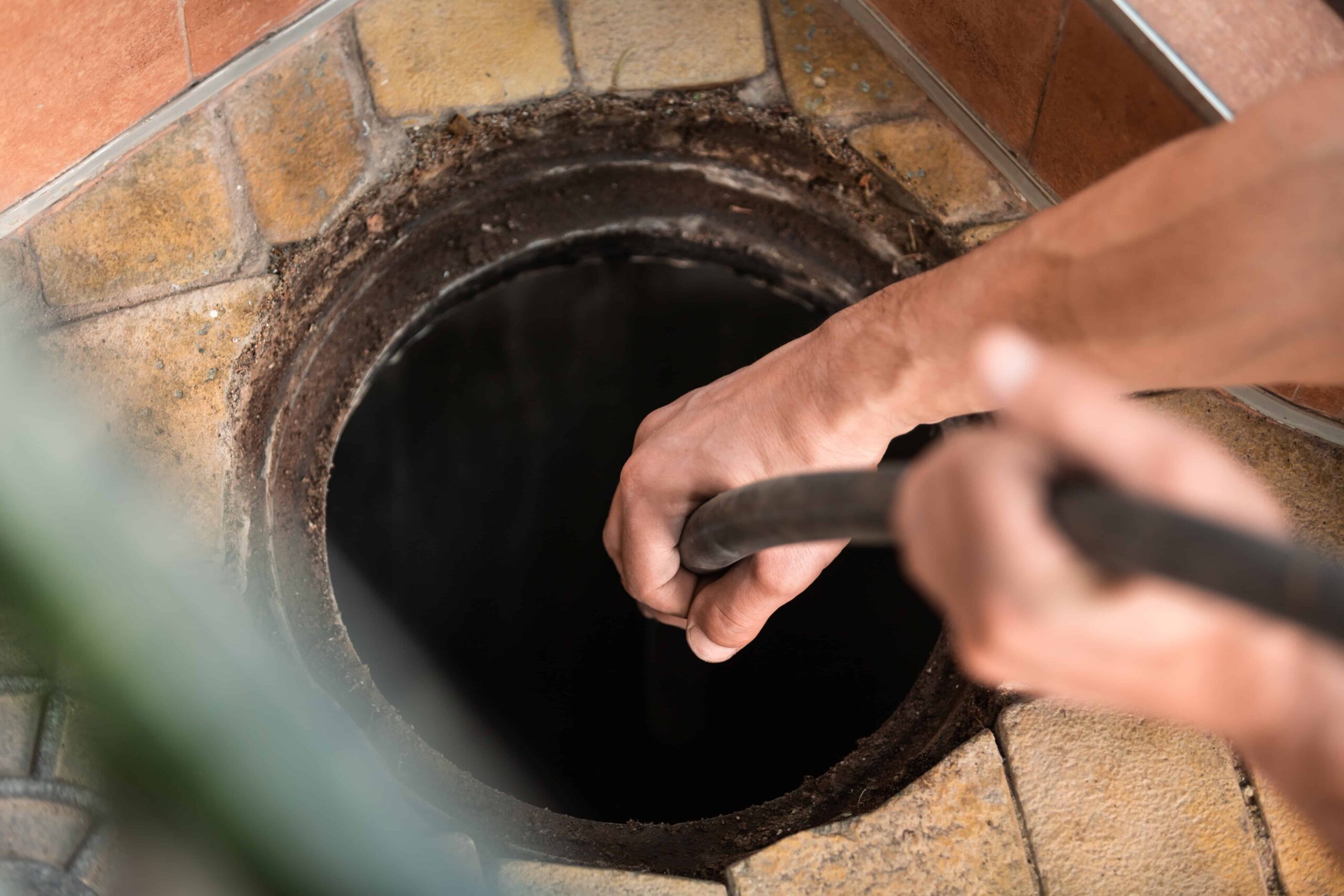As fall approaches in Rhode Island, homeowners should be especially mindful of the condition of their sewer lines. Increased rainfall and shifting ground can put additional stress on your home’s plumbing system—especially if your sewer line already has damage or blockages.
Ignoring early signs of trouble can lead to sewage backups, slow drains, and even costly property damage. Fortunately, most major sewer problems are preventable with early detection and proactive maintenance.
Below, the pros at CW Cummings Plumbing explain how to spot early warning signs of sewer line issues—and what to do before fall rains make them worse.
Why Sewer Line Health Matters in the Fall
Increased Water Flow and Soil Movement
During fall, heavy rain and saturated soil can place added pressure on underground sewer lines. If your system already has cracks or blockages, this added stress can lead to:
- Backups in toilets, tubs, and floor drains
- Wastewater pooling in your yard
- Foul odors and sanitation issues
Addressing sewer problems early—before the wet season ramps up—is the best way to protect your home and avoid costly repairs.

Common Signs of a Sewer Line Problem
1. Frequent Drain Backups
Are your sinks, tubs, or toilets backing up more than usual? A single clog may just be a local drain issue—but multiple slow or backed-up drains point to a problem deeper in your sewer line.
2. Gurgling Noises in Pipes
If you hear strange bubbling or gurgling sounds when using the toilet or running water down a sink, it could mean air is trapped in your sewer line due to a blockage or crack.
3. Unpleasant Odors Indoors or Outside
A lingering sewage smell in your home or around your yard is a clear sign something’s wrong. Sewer gas should never escape your plumbing system—this often signals a leak or break in the main line.
4. Soggy or Sunken Lawn Areas
If parts of your yard are unexpectedly wet, soggy, or smell foul—even when it hasn’t rained—your sewer line may be leaking underground. Over time, this can lead to soil erosion or sinkholes.
5. Increased Pest Activity
Rodents and insects are attracted to broken sewer lines, especially in older neighborhoods. If you notice a spike in pest activity near your drains or foundation, it could be a plumbing issue.

How to Fix Sewer Line Issues Before They Worsen
Schedule a Professional Sewer Camera Inspection
The first step in diagnosing sewer problems is a video inspection, where a plumber feeds a waterproof camera into your sewer line. This allows us to pinpoint the exact cause—such as tree roots, cracks, or collapsed piping—without tearing up your yard.
Consider Trenchless Repair Options
If damage is found, trenchless sewer line repair may be possible. This advanced method restores your pipes without the need for full excavation, making it faster, cleaner, and more cost-effective.
Act Before the Heavy Rains Arrive
Delaying repairs can turn a minor issue into a plumbing emergency. Sewer backups during the fall can be especially messy due to increased ground saturation and rainfall. Take action early to prevent extensive damage.

Let CW Cummings Plumbing Help Protect Your Home This Fall
If you suspect a sewer line issue—or want peace of mind before the rainy season—CW Cummings Plumbing is here to help. We use advanced diagnostic tools and offer expert solutions to repair sewer lines quickly and effectively.
Don’t wait for a backup to occur. Call (401) 828-7730 or contact us here today to schedule a sewer line inspection and keep your plumbing flowing smoothly this fall.







